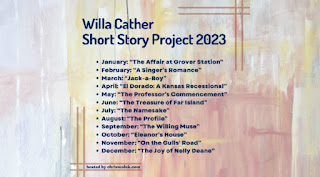 |
| Samuel R. Delany is one cool cat. |
Displacement and loneliness are prevalent themes in this gender-bending science-fiction story by the incomparable Samuel R. Delany. His experimental writing style is both dazzling and abstruse, a common literary aesthetic found in the SF New Wave during the late 60's and 70's. At times, he can be a challenging author to read because many of his stories are bizarre, ambiguous and fragmented with very little narrative context but they are often worth the effort. This is true of Aye and Gomorrah, which begins in medias res and remains quite disorienting throughout but in a good way. The background story seems to exist on the periphery, focusing on the two main characters while developing a sense of cognitive estrangement pertaining to gender roles.
The narrator belongs to a group of space travelers known as "spacers" who must undergo anatomical modifications in order to survive the perils of traveling throughout the galaxy. In essence, they are androgynous or possibly gender-non conforming. During one of the crew's various escapades, the narrator has a brief encounter with a woman in Istanbul. She belongs to a group of people referred to as "frelks" (similar sounding to "freaks") and they are fascinated by these exotic spacers, often paying them for sexual favors. There are discussions about sex but never anything explicit. Even the biblical title is misleading. The relationship between the narrator and woman is very confusing, to say the least. They spend most of the time exchanging vitriolic diatribes against each other. At one point she refers to both of them as perverts and necrophiles. She even tells him: "I want you because you can't want me. That's the pleasure. If someone really had a sexual reaction to...us, we'd be scared away. I wonder how many people there were before there were you, waiting for your creation." She seems to be going through some kind of identity crisis, full of contradictions. Conversely, he reproaches the frelks, yet there is a strong desire to be with them that has nothing to do with sex. Instead, their conversation seems to suggest that they are both desperately seeking a deeper emotional connection.
The spacers and frelks both suffer from intense longing to be loved and accepted. One can certainly make the argument that this story is an allegory for the historic struggle and discrimination against the LGBTQ+ community. I can appreciate Delaney's prescience and he was certainly ahead of his time.

